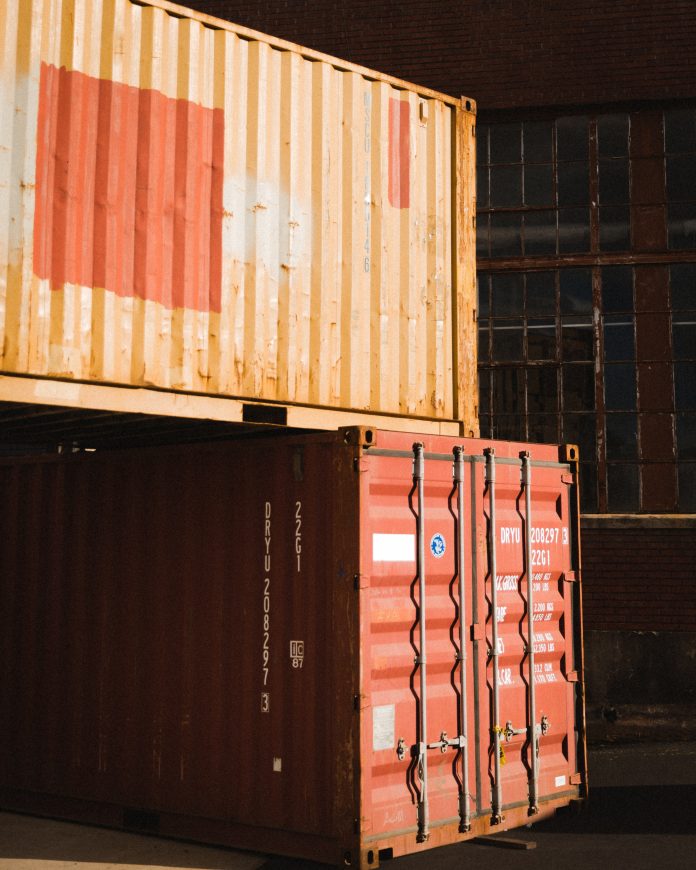
Logistics and freight forwarding are integral aspects of the supply chain, helping to move goods from one place to another efficiently. Two common types of freight transport services used in logistics are Less than Container Load (LCL) and Less than Truckload (LTL). Both have advantages and disadvantages regarding cost, transit time, and other factors. This article will discuss the critical differences between LCL and LTL freight services.
Transit time
The most apparent difference between LCL and LTL is the transit time involved in each delivery. In general, LTL freight services are much faster than an LCL shipment; sometimes, as much as two weeks less total travel time. It is due to a few factors; firstly, with LTL, a single truck is used to transport all the goods, whereas LCL requires multiple trucks to complete a single shipment. Secondly, when it arrives at its destination, an LTL shipment can be directly unloaded and sent off quickly. In contrast, an LCL shipment might require additional repacking services before being sent onward.
Cost
The cost of LCL and LTL transport services can vary depending on the distance, size of the shipment, and other factors. However, LTL freight is generally more expensive than LCL, sometimes up to double or triple the price. It is due to a few different factors; firstly, with an LTL shipment, the entire truck is dedicated to a single customer. As LTL shipments are typically smaller, more trucks may be needed to make up one LCL shipment, making it more expensive. Secondly, LTL services typically have higher insurance rates than LCL due to their more significant value.
Size
The size of LTL and LCL shipments can also vary significantly. LTL is generally used to move smaller shipments, such as individual pallets or pieces of cargo. LCL freight services are typically used for larger loads, such as an entire container’s worth of goods. For example, if a company needs to move a large shipment of goods from one location to another, LCL freight services would be more cost-effective and efficient. Moreover, LCL is also more energy-efficient, as multiple trucks are not needed for each shipment.
Delivery
LTL shipments are typically delivered directly to their destination, as LTL trucks are dedicated solely to that shipment. In contrast, LCL shipments require multiple trucks to complete the delivery. It means that LCL freights are more likely to experience delays, as they must make multiple stops to their destination. LTL services also typically provide the following:
- Tracking and other features.
- Allowing customers to monitor their shipment’s progress in real-time.
- Something LCL services cannot offer.
Furthermore, LTL shipments are typically more reliable and secure, making them a better choice for valuable goods.
Handling
The handling of LTL and LCL shipments can also vary. LTL freight services tend to have more stringent requirements for packing and labeling, as the goods are moved directly from point A to point B without repackaging or sorting. On the other hand, LCL services require more expansive packaging regulations due to their multiple transfers and stops. LTL shipments also often require specific handling instructions for loading and unloading, whereas LCL shipments may have different requirements.
Advantages of LCL over LTL
Overall, LCL ocean freight offers several advantages over LTL services that businesses should consider when transporting goods. Knowing these advantages can help organizations make the most cost-effective decisions for their shipments and ensure that the goods arrive at their destination safely and promptly.
Cost savings
One of the main advantages LCL ocean freight has over LTL is its cost savings. LTL services are significantly more expensive than LCL, sometimes up to double or triple the price. By using LCL for their shipments, businesses can avoid increased insurance rates and multiple trucks being used for each shipment.
Energy efficiency
LCL ocean freight also offers energy efficiency benefits over LTL services. As LTL shipments require an entire truck for each shipment, significantly more fuel and energy is consumed than with LCL shipments. By using LCL services, businesses can reduce their carbon footprint while transporting goods quickly and efficiently.
Flexibility
LCL ocean freight is more flexible than LTL due to its multiple transfers and stops. LTL shipments are often limited in terms of their destination and delivery options. On the other hand, LCL services offer businesses more freedom when selecting their destinations and delivery times. As LCL shipments are often completed over several days, businesses can select the most cost effective and efficient delivery route for their goods.




